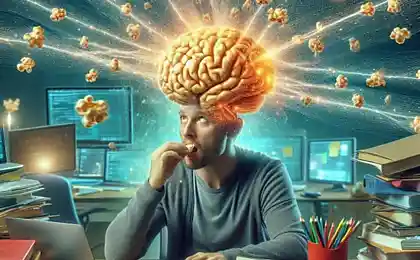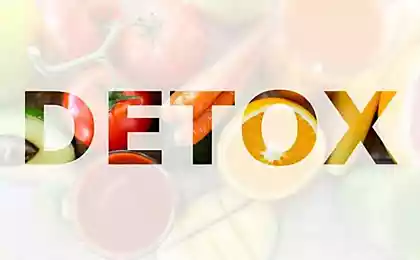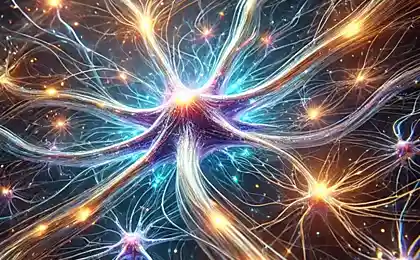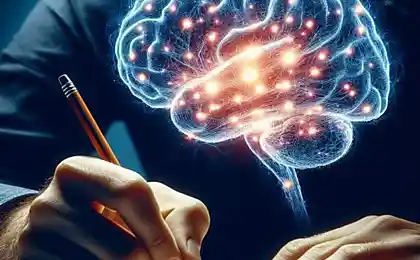193
Digital detox: How to restore the brain’s ability to think
How TikTok and Telegram “reboot” your brain

Introduction: Why did we forget to miss?
The average user checks a phone 58 times a day, and one in three does so even at night. TikTok and Telegram became the main suppliers of dopamine microdoses: short videos and endless notifications form a stimulus-response cycle comparable to gambling addiction. But what happens to the brain when we replace deep thinking with endless scrolling?
-47% – the ability to critical analysis is reduced by this with constant use of social networks (data from the University of Cambridge, 2024)
Neurons under attack: how algorithms change thinking
190009
The researchers identified three key effects:
- Syndrome “clip thinking” – TikTok reduces the duration of concentration to 8 seconds (less than the goldfish!) due to the rapid change of frames
- The “partial attention” effect – the brain learns to process 5-7 streams of information in parallel, but loses the ability to focus deeply
- 73% of Telegram users do not remember what they read, relying on “chat search”
“Telegram channels create the illusion of expert knowledge, but they are actually fast food for the brain. You consume opinions, not facts. – Dr. Emily Harris, Cambridge Institute of Cognitive Sciences
Case: IT specialist from Silicon Valley
Mark T., a developer of neural networks, conducted an experiment: 30 days without TikTok and Telegram. Results:
- Productivity increased by 40%
- The time to solve complex tasks was reduced from 3 hours to 50 minutes
- The number of “creative insights” increased by 2 times
Cambridge Method: 4 Steps to Digital Hygiene

Based on 2024 studies:
- Slow scrolling – a limit of 15 minutes / day on social networks with a timer
- Empty screen technique – 2 hours a day to work/rest without open tabs
- Digital Saturdays – a complete abandonment of messengers for 24 hours
- Analog duplication – important thoughts to write down on paper
What do neuroscientists say?
After 3 weeks of detox:
- The volume of gray matter in the prefrontal cortex increases
- Decreased activity of the amygdala (alarm zone) by 27%
- The deep sleep cycle is being restored
Glossary
Nomophobia
Fear of being without a mobile device (no mobile phobia)
Mediacetics
Consciously limiting digital technologies to maintain mental balance
Clip thinking
Fragmented perception of information characteristic of TikTok and Reels users
Conclusion: Return to “slow” thinking
Digital detox is not a rejection of technology, but a reset of relationships with it. A study by Aalto University found that 7 days without social media increased cognitive flexibility by 34 percent. Start small: Turn off Telegram notifications at dinner or replace TikTok evening scrolling with reading a paper book. The brain will thank you.
The story of loneliness: how to live alone and not go crazy
Language of the Future: Can We Communicate Without Words by 2030?























